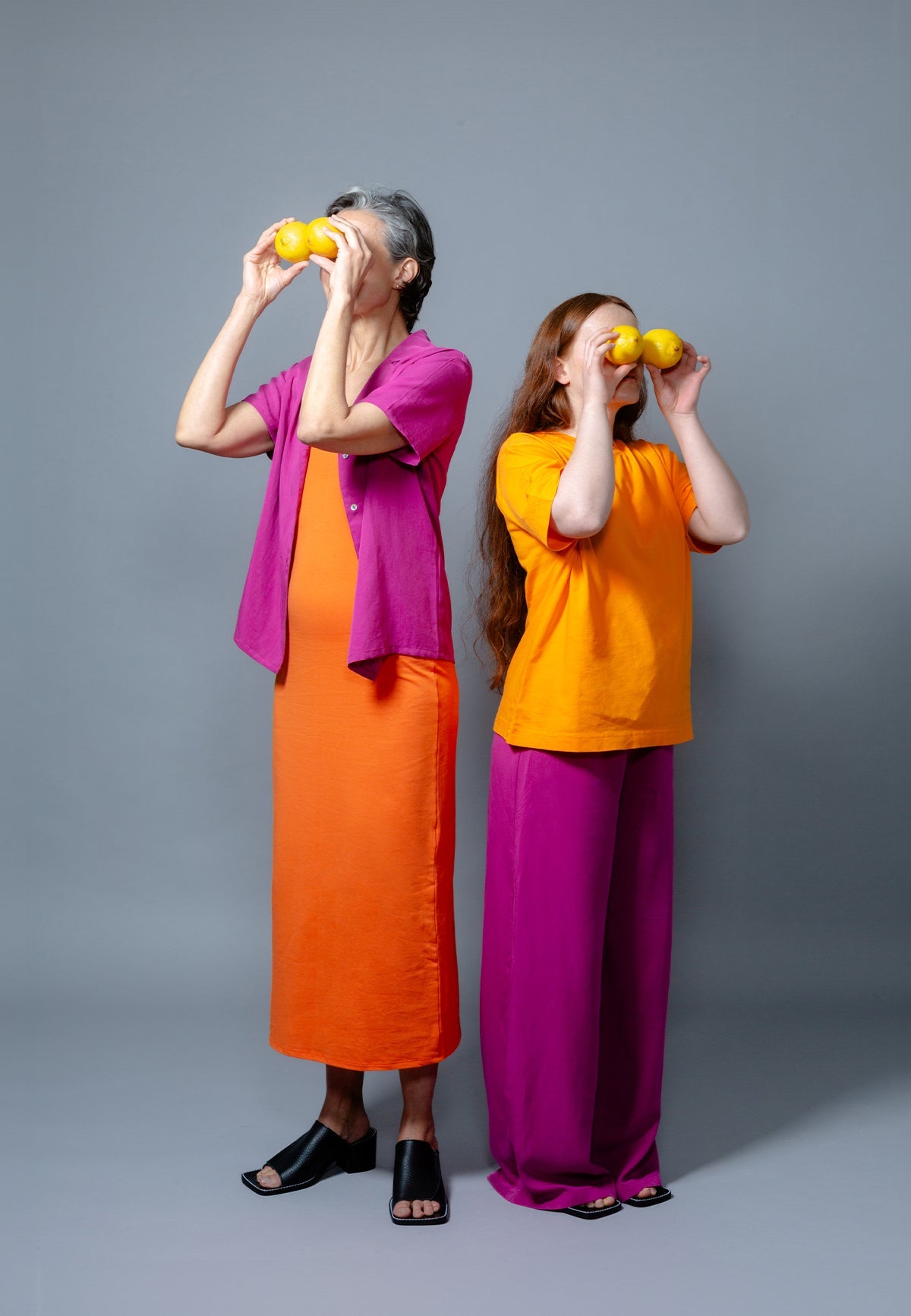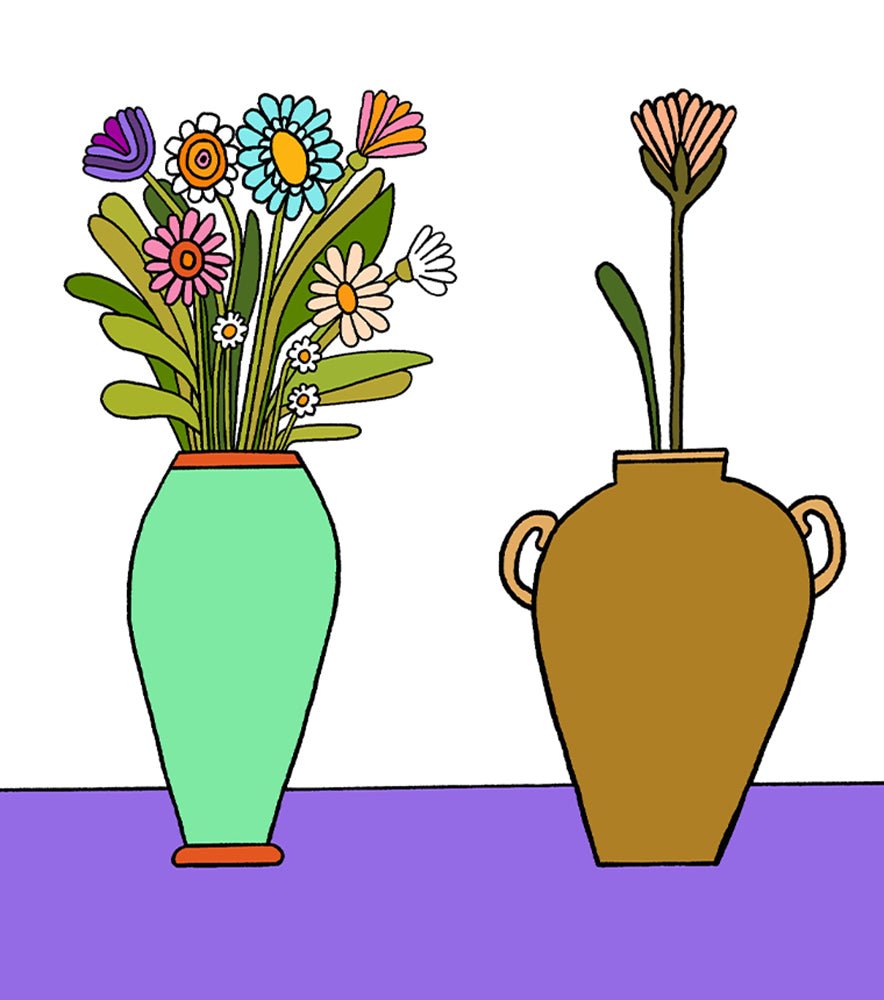"We know who we are when we look at what we own", Jean-Paul Sartre once said. In the meantime, the average person living in Europe owns around 10,000 objects. If you go by Sartre, it has become somewhat confusing to know who you are. No wonder, then, that a trend has been emerging for some time in our highly capitalistic society that aims to reduce one's own consumption: minimalism.
Minimalism is about consciously limiting oneself to what is really necessary, a focus on the essentials, a contentment with the things one already owns. Letting go of superfluous things is supposed to bring lightness and order - both in the mind and at home. A minimalist attitude also makes sense for reasons of sustainability; after all, buying nothing is always the most environmentally friendly decision.
But like so many other things, minimalism with its actually sensible principles has been led ad absurdum by capitalism. Modern minimalists like to abuse the philosophy for purposes of self-dramatisation, if not to construct a sense of moral superiority over those who still consume thoughtlessly.
In the process, the actual problems of consumption are not even questioned. Paradoxically, the minimalist lifestyle in its currently popular form can only be lived out through a certain financial security. Only people who have a lot of time and money can part with the things that no longer give them pleasure - in order to then invest in things that meet certain quality standards and fit into the aesthetic concept of the old flat furnished in reduced sand colours.
If one has invested enough time to clean out, tidy up and make new purchases, one can invest further time in maintaining the new acquisitions, informing oneself about minimalist everyday techniques and borrowing, exchanging or even making missing things oneself.1
To rid themselves of excess possessions, many self-declared minimalists turn to sharing, streaming or leasing services and "maintain their lifestyle only because of monstrous logistical systems that make such errands and services possible at the touch of a button (usually performed by low-wage workers) - not to mention the associated mandatory subscriptions with monthly, usually hefty fees."2
It is not for nothing that a distinction is now made between true minimalism and a minimalist style of consumption. In contrast to true minimalists, people do not generally abstain from consuming; instead, they merely shift what they spend their money on.
"It’s all about spending an incredible amount of time and attention to look as if you hadn’t thought about it at all.”
Chelsea Fagan, The Guardian
The new form of minimalism has little to do with the pair of opposites that Erich Fromm established in the mid-1970s in his book "To Have or To Be". According to Fromm, the many possessions with which modern man surrounds himself leads to a habitus of having, in which the whole of existence revolves around these possessions. One works to acquire even more things, and in the little free time one has, one takes care to maintain these things. In the habitus of being, on the other hand, there is time for sensations, one's own thoughts and (inner) peace - the ideal state striven for by minimalism, which is not generated by a mere rearrangement of the forms of consumption. Or, as Chelsea Fagan sums it up in a gloss in The Guardian: "It's all about spending an incredible amount of time and attention to look as if you hadn't thought about it at all."3
The fact remains that low-income households produce less waste, less CO2, less discarded items.Because they (have to) use what they already have longer. Because they really do (can) buy less.To quote Fagan again, "[minimalism] is a great way to get all the gold coins of poverty without ever having to be one of those nasty poor people."4
Text: Kathrin Weins
Illustration: © Tanya Teibtner

